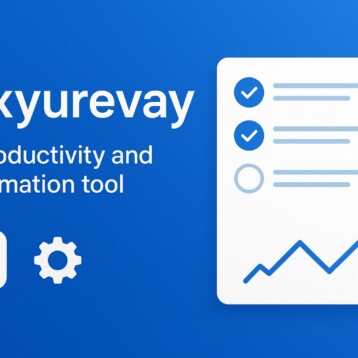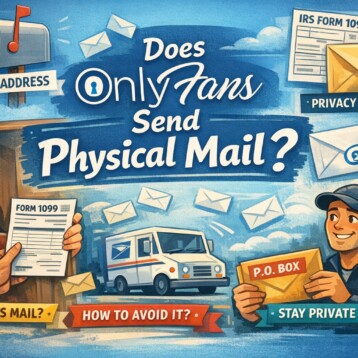These top innovations from the past decade either introduced something entirely new or have transformed something already existing into something amazing. Armed with research, technical know-how, and the smarts to seize the right moment to introduce their product, companies were able to change the current landscape and show the world something new. A total of 14,971 patent applications filed with the Intellectual Property Office (UK) in 2013 alone, showing that the global state of entrepreneurship is alive and well.
Facebook (2004)
Facebook built on the success of earlier social networking sites, but quickly overtook any competitors to form a user base of over 1.3 billion people. That’s more than WhatsApp (500 million) and Instagram (200 million) combined. Another fun fact to illustrate how ubiquitous this social media giant has become: one in seven people worldwide access Facebook from their phone or another mobile device on a monthly basis.

Google Maps (2005)
Initially, GPS-enabled devices were standalone units. Most people used them for finding directions to a location, so these devices usually attached to a car windshield or dashboard. With the introduction of Google Maps in 2005, anyone with a smartphone had the ability to essentially carry this technology with them. Google Maps’ turn-by-turn directions are now used by 150 million people to plot about 12 billion miles of routes every year.
YouTube (2005)
In 2005, three former Paypal employees teamed up to create YouTube. Key to attaining its current status as the world’s most popular video-sharing website is its ease of use. Any person from anywhere in the world can upload a video for free. YouTube is known for being a melting pot of videos where you can find anything from music clips to political messages, and, of course, cat videos.
Nintendo Wii (2006)
During an intense period of rivalry in the game console industry that pitted the Sony Playstation and Microsoft’s Xbox, Nintendo veered off-course and introduced the Wii, which lets users become physically involved in the game they’re playing. The Wii controller is able to detect movement three-dimensionally, allowing the user to control the game using physical movements as well as by pressing the controller’s buttons. As of 2014, there have been over 100 million Wii units sold worldwide.
Amazon Kindle (2007)
Amazon wasn’t the first company to introduce an e-reader, but the company was uniquely positioned to take the lion’s share of the e-reader market. When it introduced the Kindle in 2007, it was already a known and trusted online bookseller. Amazon was able to outgun its main rival, Sony, by offering the Kindle at a low price and providing seamless integration with its already established ebook store. Amazon now controls about 80% of the UK ebook market.
Spotify (2008)
Music piracy was at its height in 2008 when music streaming service Spotify arrived on the scene. Spotify had an immediate advantage on the market. It was not only free – it was legal. Ad-free music was available for a fee. The number of users continued to grow and subscriber count surged following the introduction of Spotify on mobile devices. Spotify now boasts 40 million users and 10 million subscribers.
Burj Khalifa (2010)
The Burj Khalifa – the world’s tallest building by over 1,000 feet – should have been impossible to build. But it wasn’t. A building that stands at 2,716 feet should require an incredibly wide base. However, the creators of the building were able to build the Burj Khalifa to stand similar to a tripod, it’s main post supporting the core of the building.
As the world’s tallest building, Dubai’s Burj Khalifa holds many records. Among the most impressive are the world’s highest observation deck (at a dizzying 1,821 feet in the air) and the building with the most floors (a whopping 163).
Google Driverless Car (2014)
Testing has been underway on Google’s driverless car since early 2014, with broad rollout planned for 2017. Topping out at 25mph, they’re designed to be perpetually in motion, which will be possible thanks to Google’s detailed knowledge of traffic flow. If the concept takes off, driverless cars could fundamentally change the way people move around cities.
Think we missed some of the best invention ideas from the last 10 years? Feel free to join the debate on social media using the links below!










